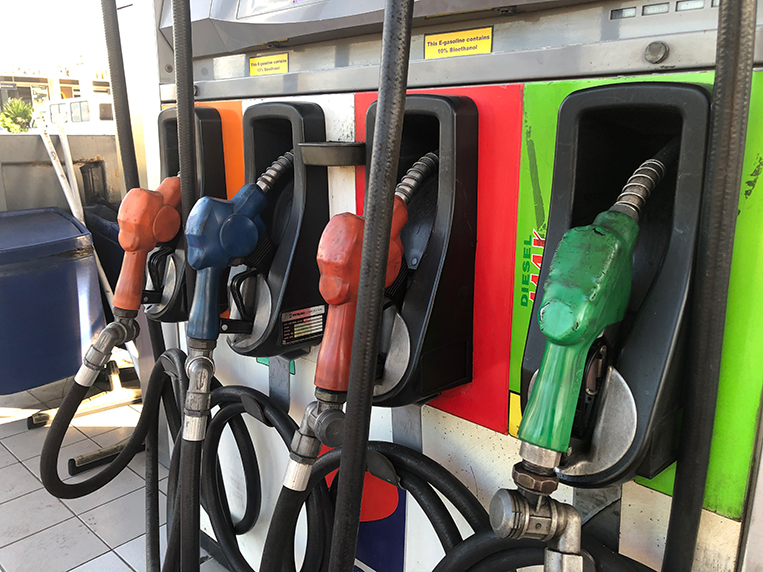
I don’t know about you, but I choose the fuel I put in the car based on what I believe to be the best quality, not on pricing. I don’t drive around looking for the cheapest fuel products when it’s time to top up. I have a fixed brand that I’m loyal to regardless of how prohibitive its fuel prices sometimes get.
But maybe I can afford to do this because I live very near my work, which means I don’t require a lot of petrol in order to make a living. But many people don’t have that luxury, and you’re probably one of them. You travel long distances every day, and so you need to gas up a lot more than I do. Add traffic congestion to the equation and you’re perfectly within reason to look for affordable options when it comes to your vehicle’s liquid sustenance.
You then give in to practicality and switch to a significantly more inexpensive fuel brand. Some of its fuels are P10 to P15 cheaper per liter compared to your former gasoline. Life is good, you think. You and your car have found a ‘wiser’ way to complete your daily trips without burning a hole in your pocket.
But is this really wise? Are you really doing yourself and your car a world of good by using low-priced fuels?
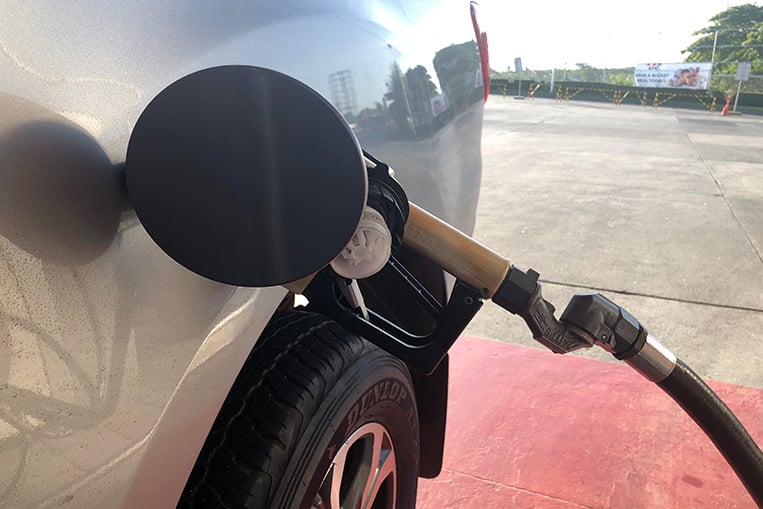
The answer, according to Petron marketing head Lionel Perkin Chai, is an emphatic no.
In a meeting with motoring journalists to discuss Petron’s “Fuel Wise” advocacy, the executive declared that cheap fuels actually came with real disadvantages. The campaign aims “to help Filipino motorists choose wise options to ensure that they are safe on the road, that their vehicles are properly maintained, that they get good fuel mileage, and that they use high-quality fuel.”
Basically, Chai was saying that cheap fuels are cheap because they’re exactly that—cheap. In every sense of the word. Which is to say they’re of low quality. And that’s to make the point that not all fuel products are created equal.
“Some people think that the Big Three {Petron, Shell and Caltex) have high fuel prices merely for the sake of profit,” Chai told me. “I assure you there’s no collusion among these leading petroleum companies. Our fuels cost more because they’re really more superior in terms of quality.”
Cheap fuels are cheap because they’re exactly that—cheap…in every sense of the word
In other words, fuel quality has a price. Excellent fuels have essential ingredients that should never be compromised. For one, these provide the fuel with cleaning properties that enable your engine to perform optimally and last longer—something inferior fuels do not have. This probably ties in with Caltex’s own findings regarding the cleanliness (or filthiness) of an old engine’s internals.
And because poor-quality fuels result in dirty engines, vehicles using them have worse emissions. Which, in turn, cause more damage to the environment.
Chai also mentioned how some fuel stations of second-tier brands have dishonest practices. “Some of them, especially those outside Metro Manila, have uncalibrated pumps that dispense less fuel than what is indicated in the reading,” he claimed. This means customers aren’t really getting their money’s worth.
Is Petron’s marketing boss telling the truth, or is he just throwing shade at the smaller players in the petroleum industry? I suppose longtime customers would know. If you use low-priced fuels, share your experience for everyone’s benefit.



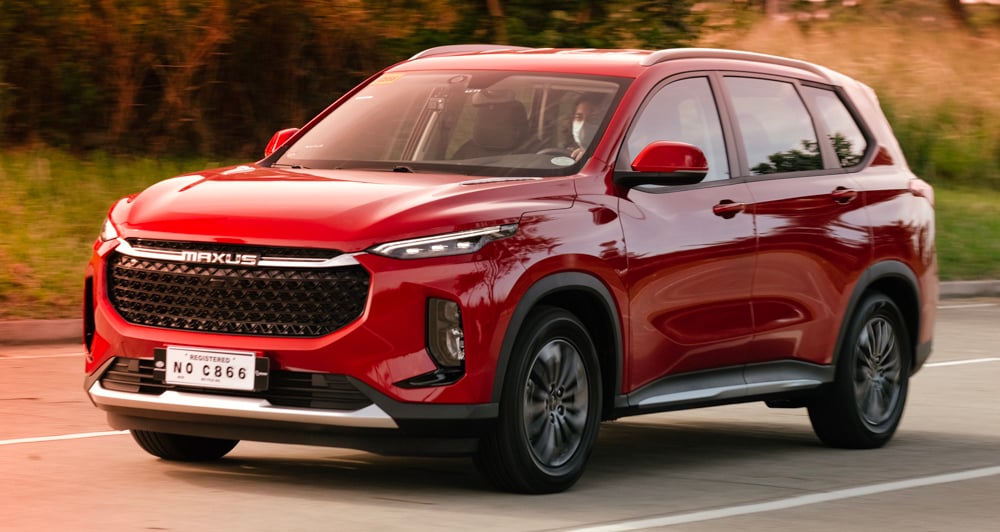
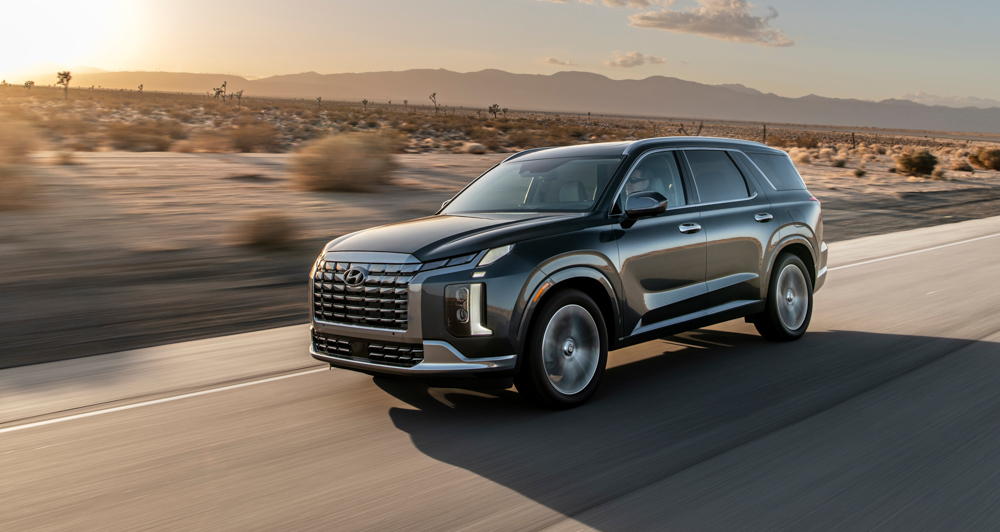
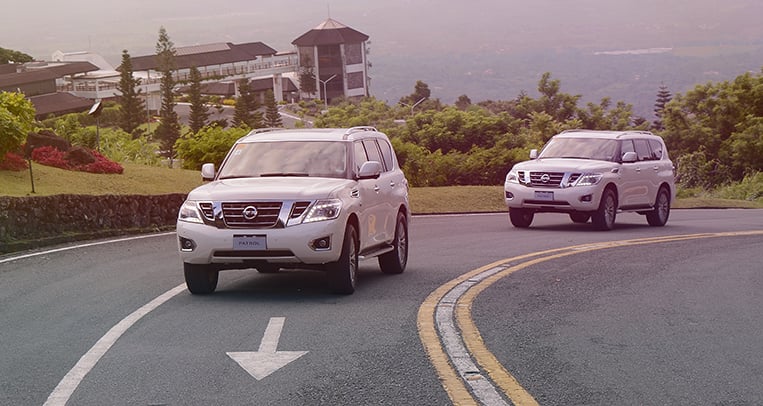

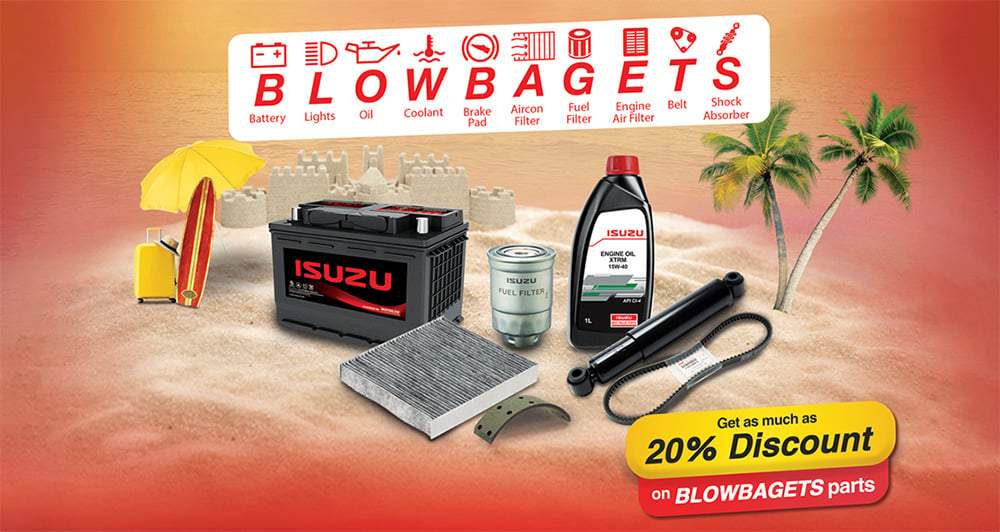


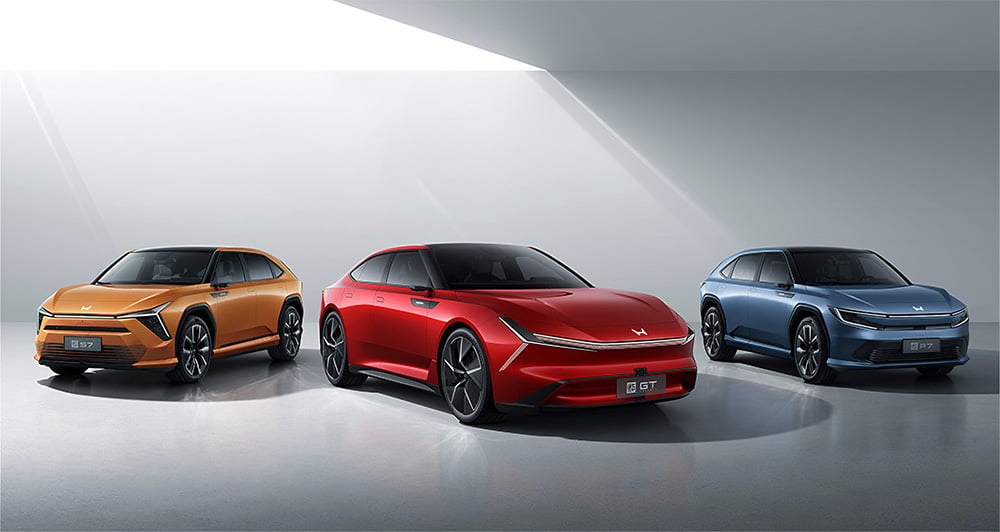
Comments